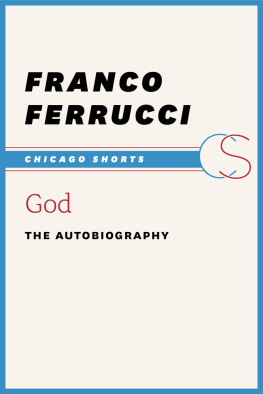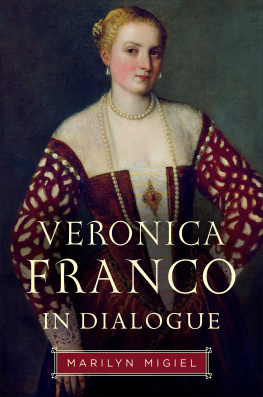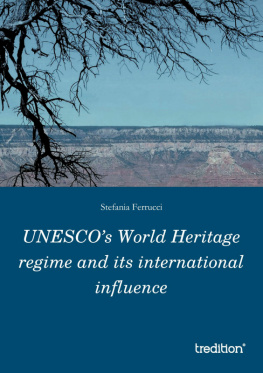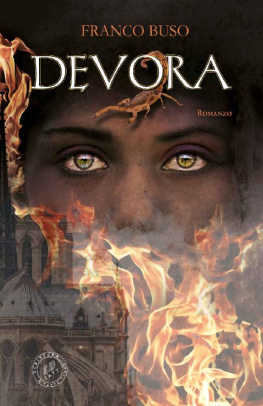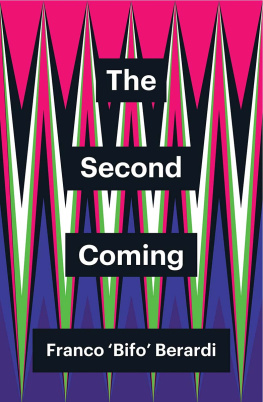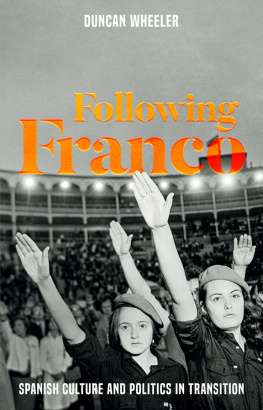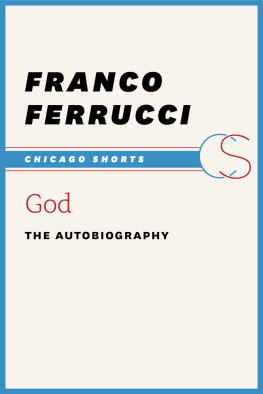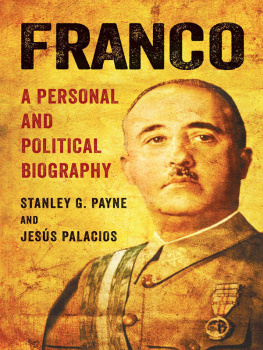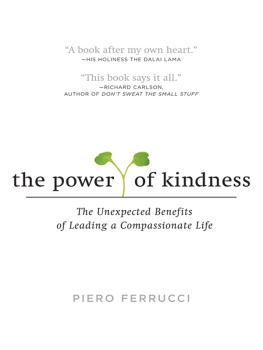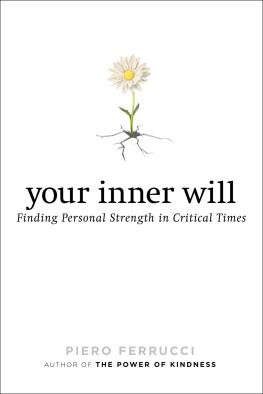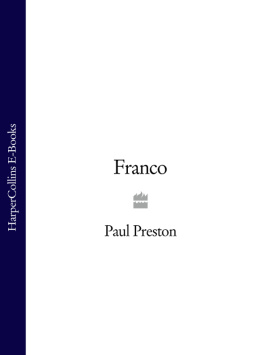Franco Ferrucci - God: The Autobiography
Here you can read online Franco Ferrucci - God: The Autobiography full text of the book (entire story) in english for free. Download pdf and epub, get meaning, cover and reviews about this ebook. year: 2013, publisher: University Of Chicago Press, genre: Religion. Description of the work, (preface) as well as reviews are available. Best literature library LitArk.com created for fans of good reading and offers a wide selection of genres:
Romance novel
Science fiction
Adventure
Detective
Science
History
Home and family
Prose
Art
Politics
Computer
Non-fiction
Religion
Business
Children
Humor
Choose a favorite category and find really read worthwhile books. Enjoy immersion in the world of imagination, feel the emotions of the characters or learn something new for yourself, make an fascinating discovery.
- Book:God: The Autobiography
- Author:
- Publisher:University Of Chicago Press
- Genre:
- Year:2013
- Rating:3 / 5
- Favourites:Add to favourites
- Your mark:
- 60
- 1
- 2
- 3
- 4
- 5
God: The Autobiography: summary, description and annotation
We offer to read an annotation, description, summary or preface (depends on what the author of the book "God: The Autobiography" wrote himself). If you haven't found the necessary information about the book — write in the comments, we will try to find it.
God: The Autobiography — read online for free the complete book (whole text) full work
Below is the text of the book, divided by pages. System saving the place of the last page read, allows you to conveniently read the book "God: The Autobiography" online for free, without having to search again every time where you left off. Put a bookmark, and you can go to the page where you finished reading at any time.
Font size:
Interval:
Bookmark:
God: The Autobiography
FRANCO FERRUCCI
Translated by RAYMOND ROSENTHAL and FRANCO FERRUCCI
Chicago Shorts
God: The Autobiography comes from The Life of God (as Told by Himself) by Franco Ferrucci, 1996 by The University of Chicago.
Originally published as Il mondo creato, 1986 Arnoldo Mondadori Editore S.p.A., Milano. Translated by Raymond Rosenthal and Franco Ferrucci.
All rights reserved.
Chicago Shorts edition, 2013
ISBN: 978-0-226-09474-8
DOI: 10.7208/chicago/9780226094748.001.0001
I
that I am God. But then, memory isnt my strong suit. It comes and goes with a will of its own.
The last time it came back to me I was sunk in one of those late-winter depressions. Then one night I switched on the television set, and a firestorm of events burst before my eyes. I saw a volcano spewing lava, a skiing race in the Alps, a film on Paris as it was forty years ago, hunting in Ecuador, an office in Ottawa, open-heart surgery telecast live, a documentary about submarine landscapes of the North Sea. Life caught me again in a hypnotic net. As the camera circled around a flower on a seabed, I suddenly remembered that I had created all this. From that moment, I began feeling as I always do when I remember that I am God. I felt like a child again, eager for springtime, ready for open skies.
I admit, right from the start, that it was foolish to create winter. I couldnt help it, though. It banged at my door and demanded to be let into the world. It was stirring inside me, insisting on being recognized. Ive always been a bit of an oddball, full of contradictions, and for all my love of the light I still have my dark side.
Winter wasnt my only half-baked idea. I cant really warm to the heavy, damp days of in-between seasons either. How pigheaded the rain seems, coming down as though everything were about to turn into water, or as though gray clouds and wet asphalt were all there is to the world. I am not talking about thunderstorms, which nobody likes except me and a few other dramatically inclined souls, poets and lovers especially. I am inside the thunder as well as the lightning. I am inside all blasts of passion, for it is there that I rejuvenate myself.
The thought of childhood warms the cockles of my soul. When you are young, the sensation of life knows no limits, and the mere fact of existing is enough to feel happy. Even now that I am an aged divinity, I feel the same way in early mornings, in the infancy of my day. I lie in bed, my body stirs slowly and eagerly beneath the sheets. I blend laziness and energy. My feet point toward the northern hemisphere, beyond Canada, beyond the Pole. The right arm spans California and the islands of the Pacific. The left reaches out toward Europe and meets with the other in the Far East. Shoulders and head are stretched toward the bottom of Earth, toward the warmest of the warm seas. I am God just before breakfast, face buried in my pillow, as if resting on a cloud.
Judging from the firmament above, my early inclination for physical and mathematical games must have surpassed all others. I dream of my infant self roaming through space with measuring tapes, compasses, rulers, toys, all mixed together. The peculiar assemblage visible above still shows it. Take a walk outside and look at the disposition of the night sky: it is the room of a child at play. I left things all over, a clutter all around.
Some of my greatest heroes are the scientists of the sky. I admire them not just because of the order they impose on the heavens but because they are untroubled by the sidereal chill. I see them as a dynasty of polar explorers with furs and sleds, never afraid of catching the flu. Every time I think of them, I remember something I had forgotten. Galileo made me see myself as a child again, drawing on a sheet of paper as big as the sky, completely engrossed. Einstein took me back to the designing of the human mind, mapped out like a chart of the cosmos, and the complicated hither and thither in its corridors and rooms, with windows opening onto nothingness or onto the gardens of galaxies; and that feeling of always being late, with clocks keeping a different time in every room, and me growing older and younger with every passing instant.
In the beginning I was contained in something that could not properly be called space. I opened my eyes in a vacuum and could see it was bare: I was shut up inside it like air inside air. I became aware of myself when I realized I was wrapped up in nothingness. You cannot imagine anything more bleak. Emptiness all around! That was the origin of my universe: the impulse to go out and look for company.
In my impatience I was overcome by an urge to break out that strikes me now as comical, given the situation. I started crawling thoughtlessly in every direction, sensing that in a void one way was as good as another, answering to a need that pushed me beyond what I was able to understand, since in nothingness I could understand nothing.
In art Im depicted as an old man with a white beard who gets it into his head at some point to create the world. In point of fact, I was merely an infant, heartbroken in my isolation, and with my first movements I was trying to find my way home. Of my very earliest years, I retain not a single memory. To judge by what I saw when I was old enough to look about me, they must have been pretty dull. The moment of creation has been described in a thousand different ways, in a string of fantastic hypothesesabsurd stories of incest, fathers devouring their children, gods fighting against Titans. The truth is that the world began when it dawned on me that I was all alone and I tried to do something about it.
Everything that came later was a consequence of that moment: of the great shudder that scattered the form within me throughout time and space, a closed fist that finally opens, a seed that explodes and shoots out leaves in every direction; until one of them manages to think and to create other thinking leaves, and among them one miraculous leaf succeeds in thinking of its seed, picturing it even, with all the effort that it takes up there at the top of the tree, so far away from the plants origins, exposed to the winds and the trials of alternate heat and cold, and yet able to conceive the initial germ and its expansion. This thinking seed would be humankind, but at the time it was light-years away.
I cannot say how long I wandered aimlessly through the dark night of time. I was haunted by incandescent emotions that little by little cooled and became cold rocks in space. I walked for miles and miles, stumbling in the dark, trembling with loneliness; then I finally stood still in the vast blackness and let out a cry. I saw that cry rise like an arrow, reaching the center of the heavens and exploding into fragments that became stars. Where my cry had fallen stood a solitary, burning ball. I looked around, but there wasnt much to see. What the light revealed was, in fact, the vast monotony of my universe. I was so disappointed that I wanted to put out the light and go back to the dark.
It was then that I realized, for the first time, that I could not undo what I had done. Once I created something, I could not destroy it. The sun was up there forever, or until its own natural death. I could not play around with the created world, and make and unmake as I pleased. I am not a candle or a castle of sand, the sun might have said; next time think twice before you create something. I am only glad, however, that I could not unmake the sun, since it was to become my great friend. Even now, when it enters my room through the windows, I feel that I never made anything grander or nobler.
In that first light, I could see bodies flying off every which way. I was struck by their irremediable blindness. They couldnt see the radiance issuing from me and exploding at other points of the celestial city. Whenever I create something, it goes on reproducing, like a host of mirrors reflecting whatever I do, or a series of messengers rushing off to plant the seeds of my inventions. In fact, it is me all the time, with my inborn talentwhich even I find mysteriousfor multiplication. The fragments of myself, once launched, evolve on their own, taking themselves to the most unlikely places, like that cry that bounced off a thousand mirrors and created innumerable shards of light.
Next pageFont size:
Interval:
Bookmark:
Similar books «God: The Autobiography»
Look at similar books to God: The Autobiography. We have selected literature similar in name and meaning in the hope of providing readers with more options to find new, interesting, not yet read works.
Discussion, reviews of the book God: The Autobiography and just readers' own opinions. Leave your comments, write what you think about the work, its meaning or the main characters. Specify what exactly you liked and what you didn't like, and why you think so.

